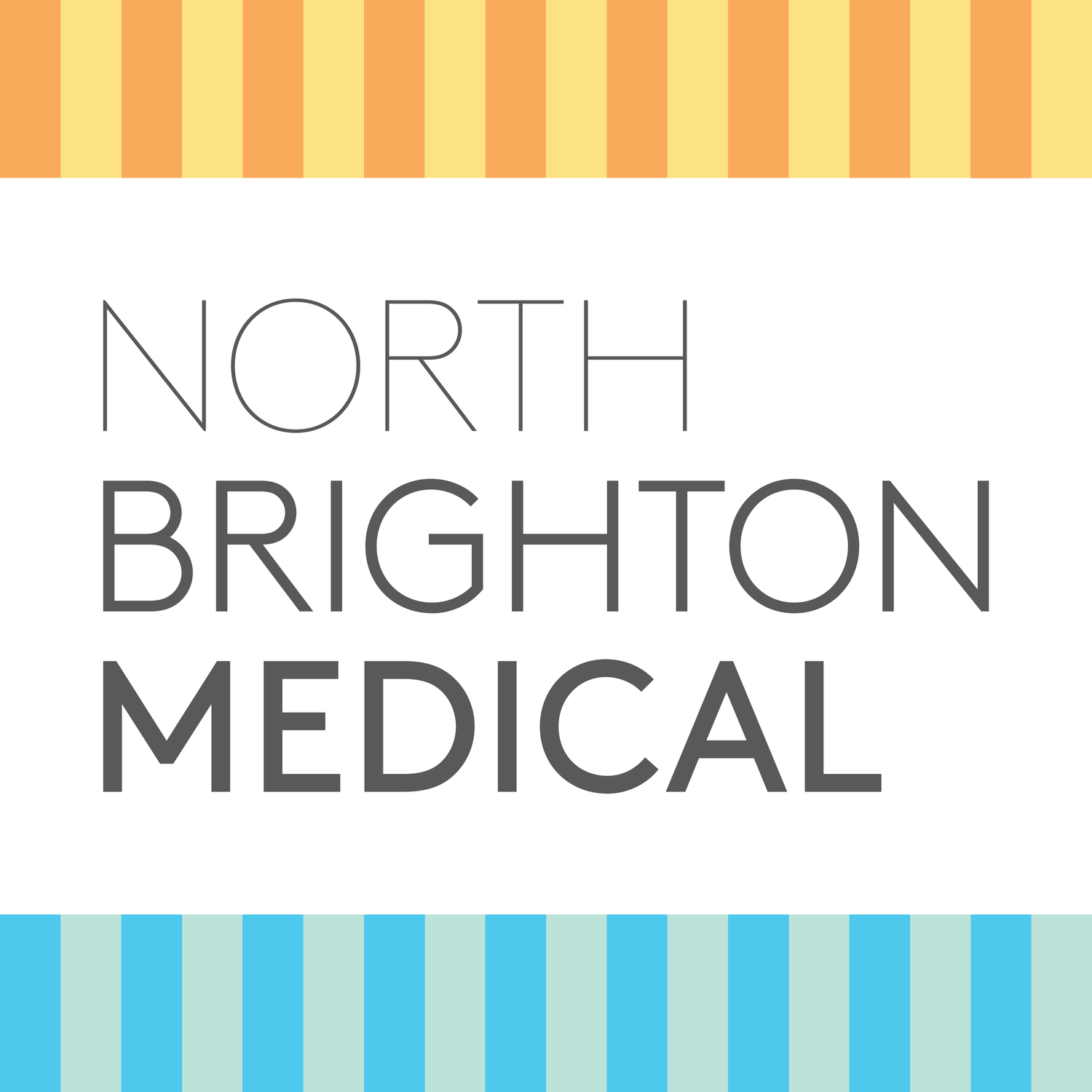Sports and exercise keep us strong, energised and healthy. But without the right preparation and recovery, injuries can interrupt progress and even cause long-term problems. Preventing injuries is just as important as treating them and your GP plays a key role in guiding safe, sustainable activity.
Why Injury Prevention Matters
At North Brighton Medical Centre, our doctors see patients of all ages with sprains, strains and overuse injuries. Many of these could have been reduced with preventive strategies. Whether you’re playing community sport, running, or heading to the gym, a little preparation goes a long way.
Warm-Up and Cool-Down Are Essential
The purpose of a warm-up: Gentle cardio, dynamic stretching and mobility work prepare muscles and joints for movement.
Cooling down for recovery: Stretching and light activity post-exercise helps circulation, lowers heart rate and reduces stiffness.
These small steps are often overlooked but are highly effective in reducing injuries.
Use the Right Technique and Equipment
Correct form: Learning proper technique for lifting weights, running posture or sport-specific skills prevents unnecessary stress on joints.
Suitable gear: Proper footwear, supportive braces, and well-fitted equipment provide stability and protection.
For younger athletes, see our Children’s Health & Immunisation services for guidance on safe participation.
Manage Training Loads Gradually
Avoid sudden spikes: Rapid increases in training intensity or duration are a major cause of injury. Increase gradually.
Listen to your body: Persistent soreness or pain is a warning sign. Early GP review can prevent small issues from becoming major injuries.
Include rest days: Recovery is when the body adapts and strengthens. Overtraining can increase injury risk.
Strength, Balance and Conditioning
Build muscle strength: Strong muscles protect joints and reduce strain.
Core stability and balance: Core and balance training helps prevent falls, sprains and lower limb injuries.
Tailored health plans: A GP can include exercise advice within a Health Assessment, ensuring training supports your overall wellbeing.
Recognise and Respond to Early Warning Signs
Persistent aches: Ongoing tendon or joint pain can signal overuse injuries.
Swelling or reduced movement: If symptoms interfere with daily life, it’s time to see your GP.
Fatigue or illness: Whole-body fatigue, recurring colds, or poor sleep may be linked to overtraining and need medical review.
Our GPs can connect injury care with broader support, including Men’s Health,Women’s Health, and Mental Health services to ensure holistic recovery.
The Role of Recovery in Prevention
Sleep and hydration: Quality sleep and good hydration help muscles recover and reduce risk of strain.
Active recovery: Low-intensity movement like walking, yoga or swimming supports blood flow without overloading tissues.
Seasonal considerations: In hot conditions, take extra care with hydration. See our news post on Tips to Survive the Heat.
When to Seek Medical Advice
Even with preventive measures, some injuries still occur. Book an appointment if you experience:
Severe or worsening pain
Sudden swelling or bruising
Dizziness or head injury symptoms
Recurrent injuries in the same area
Prompt review through our Sports Medicine service ensures you get back to activity safely and quickly. If you need urgent care after hours, our After Hours Service may also be available.
Prevention Starts with Planning
Staying active safely is about balance - training hard, but also resting, listening to your body, and getting professional advice when needed. At North Brighton Medical Centre, we provide:
Personalised Sports Medicine consultations
Preventive Health Assessments to integrate exercise into long-term wellbeing
Guidance across Men’s Health, Women’s Health, and Children’s Health to support the whole family
Disclaimer: The information in this blog is for general educational purposes only and should not be taken as medical advice. It is not a substitute for professional diagnosis, treatment, or care. Always seek the guidance of your doctor or other qualified healthcare professional with any questions you may have regarding your health or medical condition.

